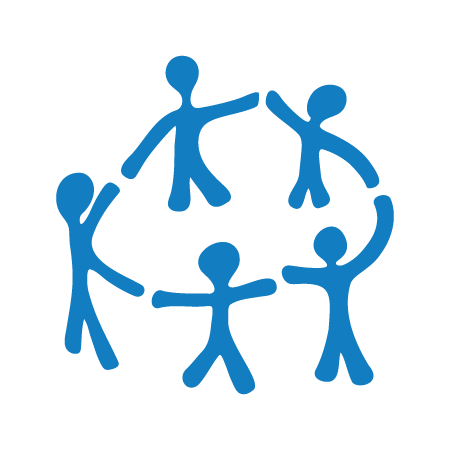Pony: Beyond the Illustrations
Through our collaboration, Pony and a Care Label contributed $7964 to MAP (Medical Aid Palestine) with our Peace for Palestine T-Shirt, supporting critical humanitarian efforts.

Discover the world of versatile artist Gabrielle Laïla Tittley, aka Pony (acronym for "Poor One Newly Young"). Born in Quebec City in 1988, she brings a unique perspective to the contemporary art scene. With an artistic career spanning 14 years, she is known for her humorous illustrations and shines in the music industry, collaborating with artists such as Earl Sweatshirt and Marc Rebillet. She also creates works for prestigious brands such as Apple and Aldo. Passionate about art that moves and soothes, Pony embodies hope through her art. In this interview, we discuss how this unique approach guided her in our recent "Peace for Palestine" collaboration.

How do you feel about the current global political situation?
I feel extremely sad. We're the first human beings to witness genocide live-streamed. I find it hard to live a normal life. The West is letting the Palestinian people die before our very eyes, and that's one of the most appalling things I've ever witnessed. On the other hand, the popular uprising supporting the Palestinian people is very touching and is making a real difference. We must not give up.
How did the collaboration with your Palestinian mother for this particular project come about? Is this the first time you've worked together?
It's the first time we've worked together, yes. My mother is a multidisciplinary artist and it's her creativity that I carry with me. When a Care Label approached me, it was obvious that it would be a great opportunity to include her in the project. After all, it's my mother who knows this reality best, being Palestinian herself.
The T-shirts convey a direct message of peace. Could you explain the importance of using Arabic, English and French in the design?
The message behind the T-shirt is one of unity, hence the idea of including our languages. Every human being deserves dignity, freedom and peace, and that's what this T-shirt highlights.

How do you feel about using your artistic talents to contribute to a cause greater than your own?
That's what makes sense to me. I've always felt the need to create for more than just myself. I use my experiences to shed light on what many people are feeling and experiencing. When there's no greater meaning, I'm not really motivated to create. For me, creating is intimately linked to the power of healing and the desire to make the world a better place.
Do you think art can raise awareness, encourage positive change and support long-term humanitarian causes?
I think a lot of people feel the way we feel about what's happening in Palestine. Not everyone feels comfortable drawing their feelings, writing them down, or making a song and sharing it. That's what being an artist is all about. It's to create a work that brings people together. I think it can do a lot of good for people to recognize themselves in a work. In the case of the T-shirt, I think it's a perfect way of expressing your values publicly and to others.

How has your Palestinian heritage influenced your art, both in this project and in your work as a whole? Are there specific elements of your cultural background that you intentionally incorporate into your illustrations?
I was raised mainly by my mother so inevitably yes I am intrinsically influenced by Palestinian culture. My mother was raised in Jerusalem and Nazareth. She's the most resilient woman I know. I think she passed on to me some of her strength, intensity, creativity, sensitivity and humor. I also received, I think, the generational trauma of someone who went through what she went through. Mistrust, fear, but above all, hope. I think what impresses me most about my mother is her love of life and her inexhaustible hope.
Is there anything else you'd like to share about the "Peace for Palestine" T-shirt project?
All profits from this collaboration go to MAP (Medical Aid For Palestine), which has recently set up operations in Egypt, with a team on the ground purchasing medicines, disposables, laboratory reagents and other essential items, and transporting them to Gaza via the Rafah crossing as soon as it's safe to do so.
It's a beautiful project and I feel really lucky to be doing it with a company I admire so much. I think it's a fine example of what can be achieved when we work together for the same cause.

